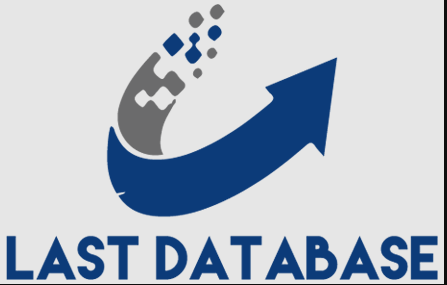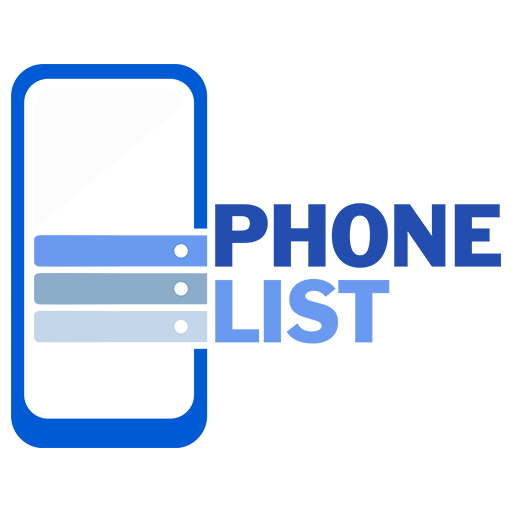Business intelligence , business intelligence or business intelligence consists of using tools and strategies to transform data into relevant conclusions in order to make more informed business decisions. Companies have a large amount of data from different sources and referring to different fields. They not only collect information from their customers, but also from the market, competitors, customers, suppliers, stakeholders and even employees. In turn, this data can be in very different formats , from a press release on the results of a competitor, a study by a consultancy on market prospects or data on the use of devices with the Internet of Things. All this information constitutes one of the most valuable assets of companies, but in order to take advantage of it, it is necessary to have systems and tools to collect the data, process it, analyze it and present it in a way that is useful for making decisions. And this is where business intelligence comes into play.
Differences with Big Data and Data Science
What is Business Intelligence for and what are Bhutan Email List its uses? Business intelligence is a constantly evolving area, so its applications change over time. That being said, at the moment some of its most important functions are: Data discovery or data discovery. Creation of reports, both following predefined templates and defining custom modules. Automated distribution of reports, so that they reach decision makers on a regular basis. Prediction of results or forecasting. Storage of data in large quantities in an organized manner through databases or data warehouses. Query tools to make requests about the data. Analysis and measurement tools. Differences with Big Data and Data Science As defined by Gartner, business intelligence is a generic term that encompasses the applications, infrastructures, tools, and best practices that enable access to and analysis of information to improve and optimize business decisions and performance.
Benefits of Business Intelligence
“what will happen?” or “what should I do?” The focus is on reports , KPIs and Mailing Lead trends, while in data science patterns, correlations and models are more important. It is a static and comparative process , while data science is more exploratory, experiential and visual. Business intelligence relies on planned data sources that are progressively added. Instead, data science incorporates data on the fly based on your needs. Data transformation is another area of differentiation. The data is transformed in advance and in a planned way, while in data science we see an enrichment of the data on demand and according to the needs that arise. The data is expected to be of sufficient quality to be the only version of the truth. In data science, the goal is for them to be good enough to work with.







